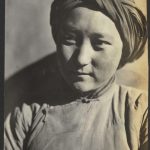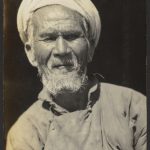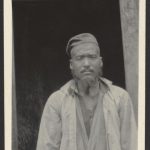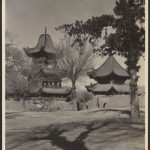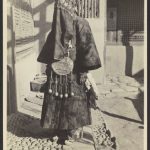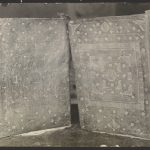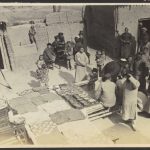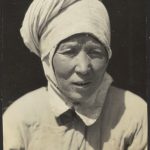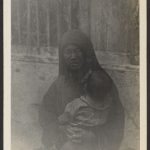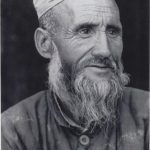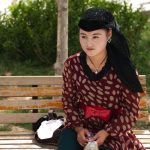Salar
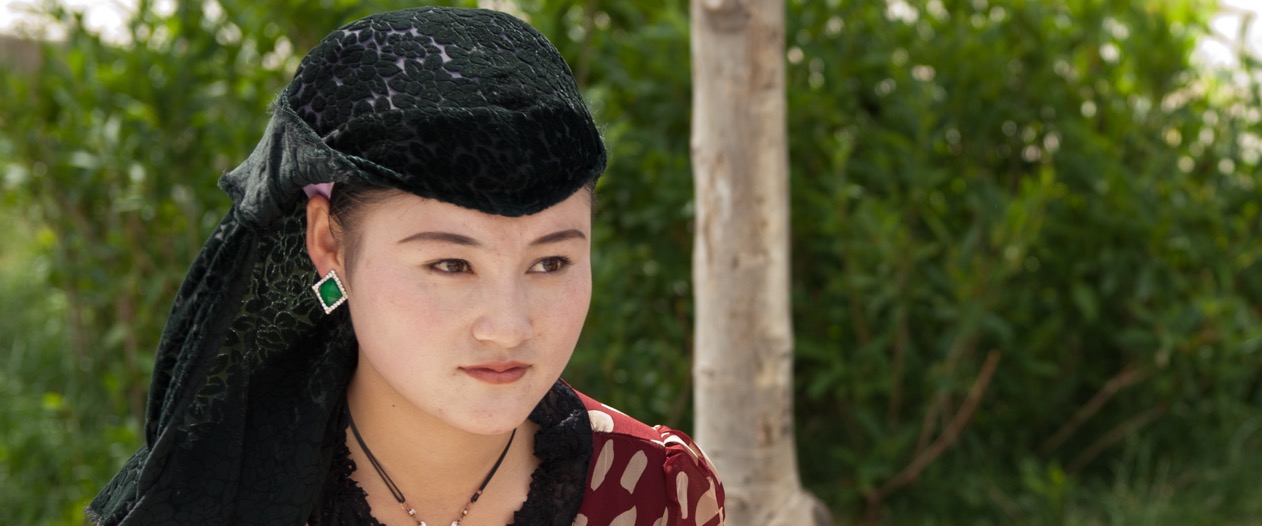
The Salar, an overwhelmingly Muslim people group, live primarily in southeastern Qinghai province, with additional communities in neighboring Gansu province as well as Xinjiang province in northwest China. The ancestors of the Salar people were the Samarkand people of Uzbekistan, who migrated from central Asia to China around the 13th century. The Salar language belongs to the Turkic family and is very closely related to Uyghur and Uzbek. The Salar language has no written script.
Salar families are strongly patriarchal. Marriage is often viewed as being a union of two families rather than a product of love, with a “bride price” paid to the bride’s parents. It is customary for the wedding ceremony to be conducted by an imam (an Islamic leader), taking place outside the bride’s home, with the bride listening to the ceremony from within.
Villages are the largest units of Salar society. Each village has its own mosque and cemetery. Extended families commonly live together, their homes characterized by intricately carved pillars, door frames and eaves. Historically the Salar people have been labeled as troublemakers because of their involvement in numerous Muslim uprisings. They are a proud people—proud of their history, proud of their culture and language, and proud to be Muslims.
The Salar were reportedly converted to Islam as recently as the 18th century. Although they have lived beside Tibetans for centuries, the Salar have resisted all pressure to convert to Tibetan Buddhism. They have a reputation for being some of the most zealous Muslims in China. Before the start of the revolution in 1949 few missionaries reached out to the Salar, and since then there has been no known effort to reach them. It is estimated that well over ninety percent have never heard the gospel. No church has ever been established among them, although today there may be a few attending a Han Chinese church in Xining City.
Because of their strong devotion to Islam, the Salar are quite resistant to Christianity. Now, dedication by Salar young people to their Islamic faith may be weakening, but they have no alternate worldview to embrace. Because of this they may now be more open to the gospel than ever before.
“Ask the Lord of the harvest, therefore, to send out workers into his harvest field.” (Matthew 9:38) Will you join us in prayer, asking the Lord for messengers to carry the gospel to the Salar? Pray that a viable indigenous church would be planted among them. Ask God to open doors so that the Salar might have access to his written word. Please pray, give and consider being one of God’s servants to the Salar.

